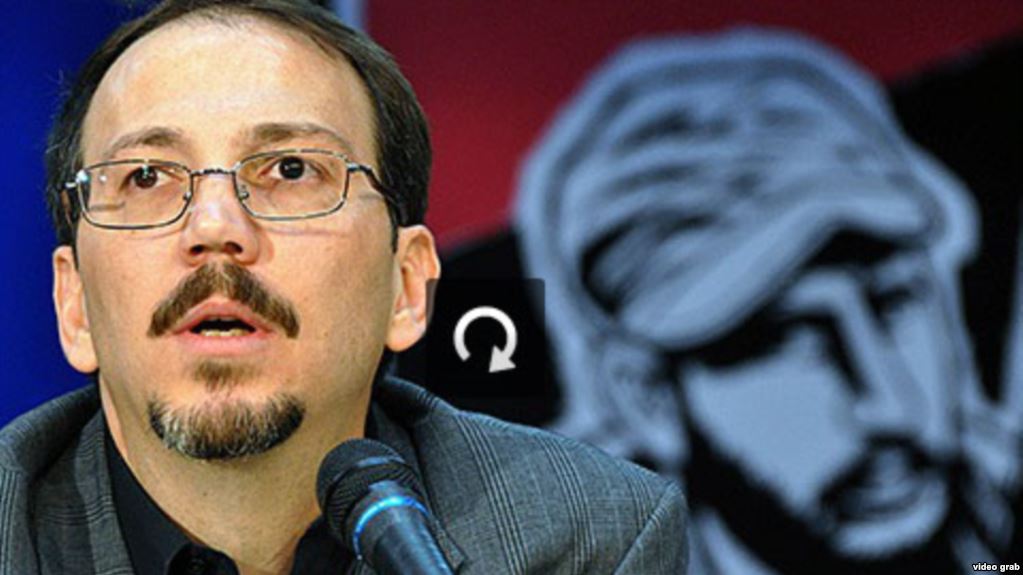
Juan Juan Almeida, 22 March 2017 — On March 17 of this year, a group of NGO (non-governmental organization) representatives from Latin America and the Caribbean celebrated in Havana Cuba’s political agenda in support of people with disabilities of every kind. The next day, for the twentieth time, Cuban institutions honored the legacy of Terry Fox by encouraging people to join in the traditional marathon. It is interesting that, although the Cuban State and constitution guarantee the right to free education without discrimination, there are neither an educational policy nor laws designed to protect people with different abilities.
According to official figures, approximately 3% of the Cuban population lives with some limitation that keeps them from participating in the labor market, and as a result, they cannot access the funds to confront the many obstacles they face in life.
The present legislation regarding this issue is very clear, but not all people with limitations possesses “special protection” status. In order to prove need, a disabled person needs to be in a situation of vulnerability or of economic dependence.
There is a logical explanation: having a deficiency is not synonymous with being vulnerable. There are many types of disabilities: physical, mental, motor, and even sensory, and not all necessarily make a person incapable of work. However, in the particular circumstances of the island of Cuba, this justification is very unjust. There is nobody legally responsible for determining or regulating, according to whatever conditions are established, exactly when a disabled person is considered deserving of being included in, or excluded from, “special protection.” As a result, this right is being denied to all people with hinderances.
Furthermore, we should not forget that any individual receiving subsidies from social security for labor disability continues to be economically dependent. Simply getting a pension should not disqualify one from “special protection” status. It is not a mathematical equation, but rather question of applying formulas to the present reality in order to be efficient and achieve the greatest social benefit. What products or services are available to a person who receives 150 Cuban pesos a month (about $6 US)?
I suffer from a disease that, without the right treatment, makes it impossible for me to do certain things. I speak from the knowledge of personal experience: I know that Cuban associations for the physical-motor disabled, and for the visually or hearing impaired, such as ACLIFIM. ANSI, and ANSOC, work for the equal rights of people with handicaps, for recognition of their dignity, autonomy and social and community integration. This, however, is pure publicity, because as long as the Government does not push for a real legal policy designed to stop us seeing disability as disease, they will not begin to tackle this controversial issue from a more inclusive and less discriminatory social perspective.
Perhaps, as Mariela Castro did for the LGBTI community, her brother Alejandro Castro Espín, known for having a visual impairment, should lead a campaign for the respect of equality and the rights of people with disabilities. But, of course, the masses of handicapped, with shameful frequency, fail to be a priority for a “great leader” who has been held up as champion of human rights.
Translated by Claire Huttlinger
